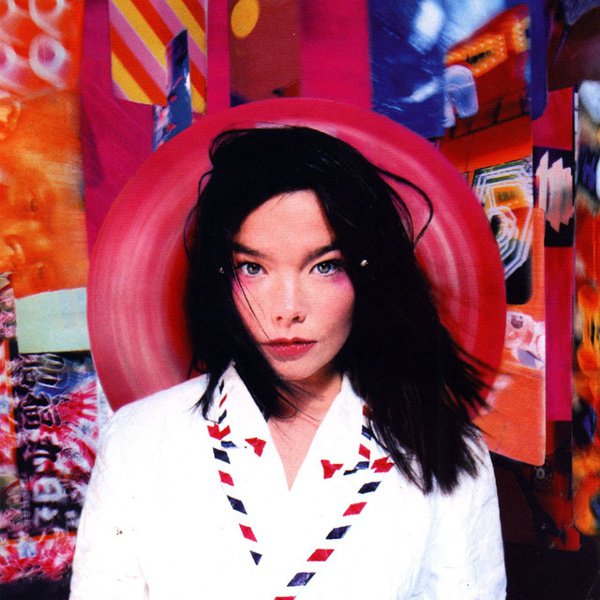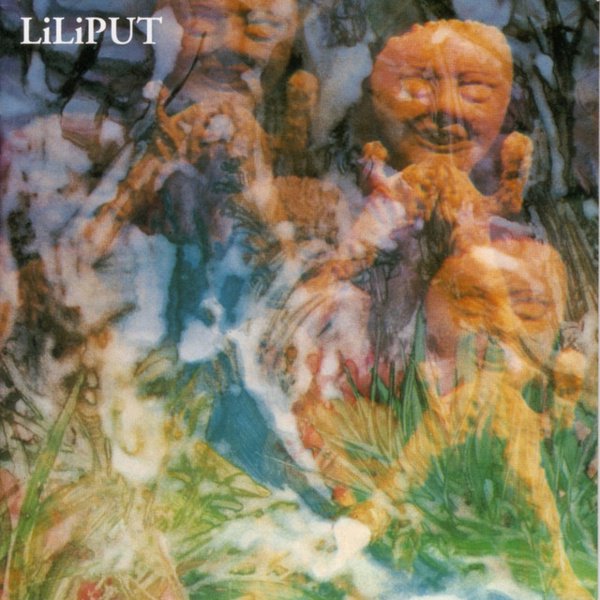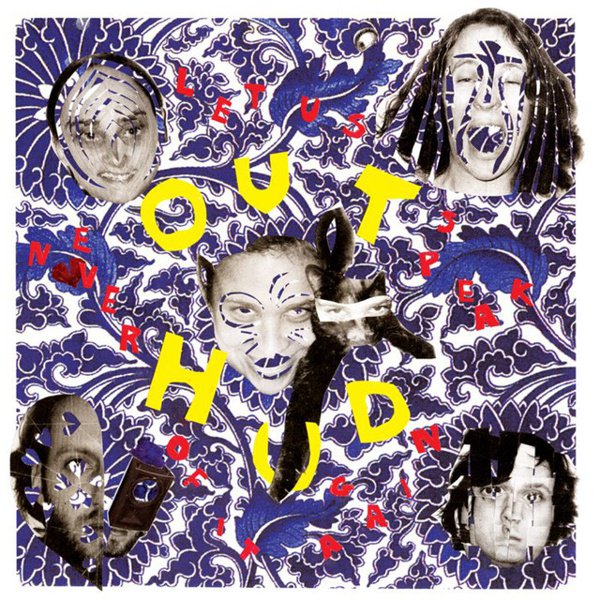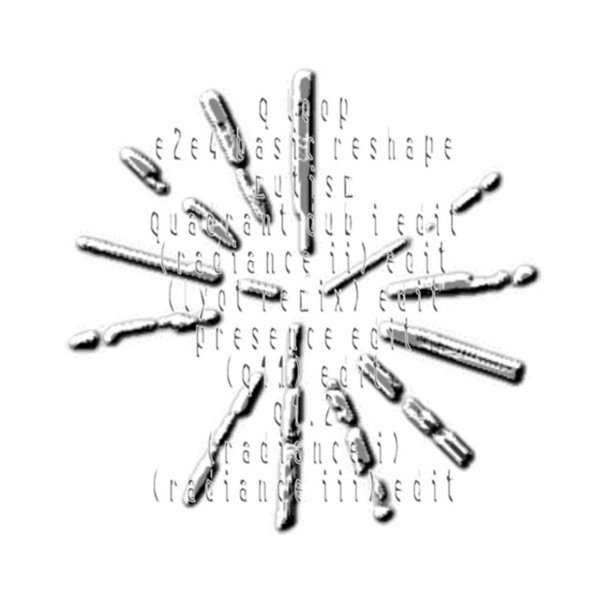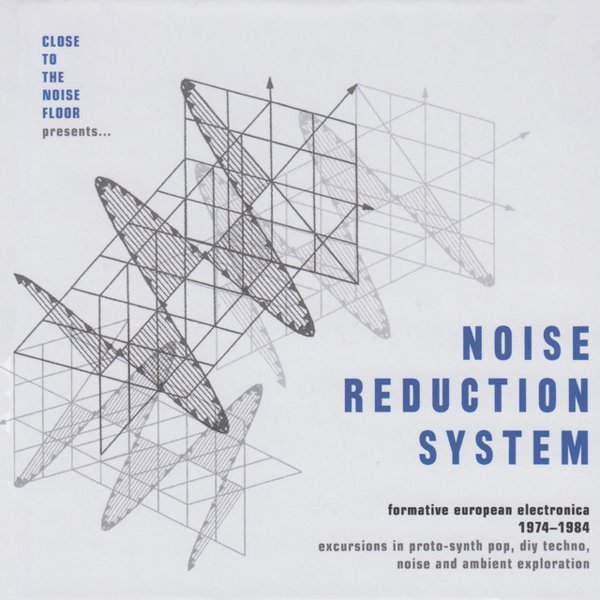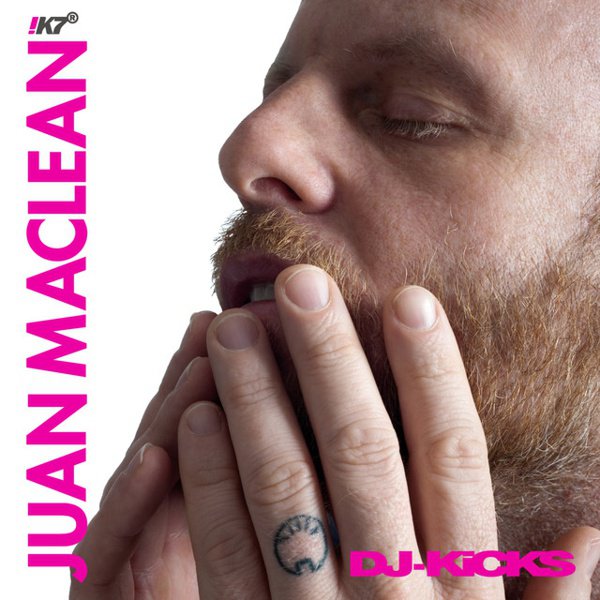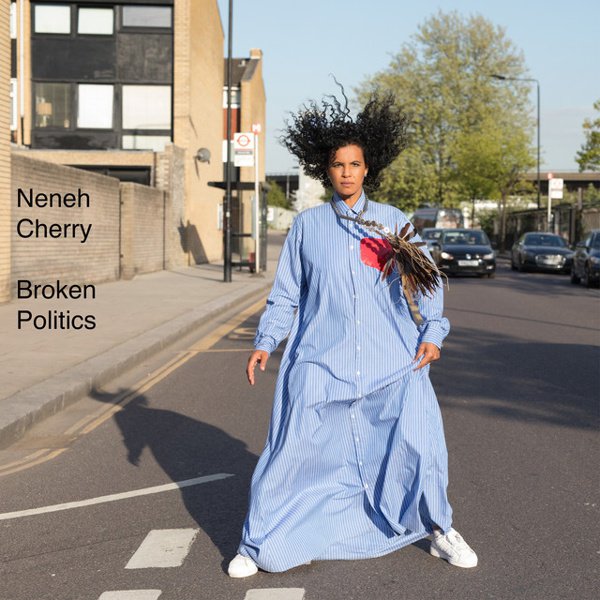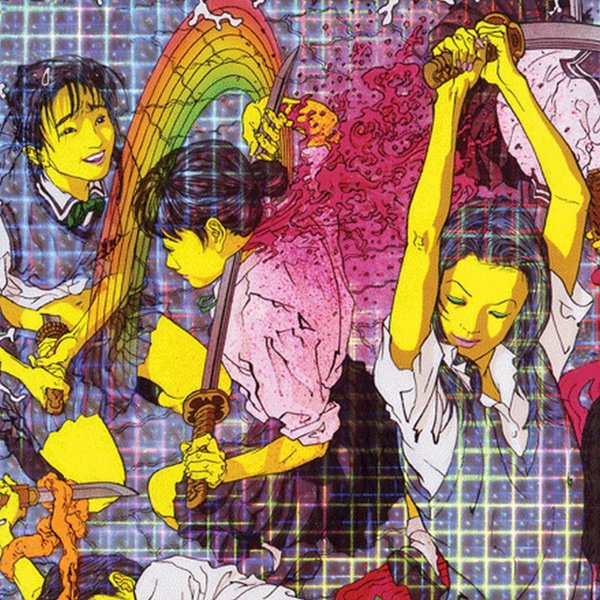
Recommended by
Quarantine
With a Makoto Aida-drawn cover depicting joyful seppuku and a thematic bent that alludes to a besieged-by-illness anxiety eight years before it was omnipresent, Laurel Halo’s debut album Quarantine initially seems to carry this sense of liberation in total negation. And that carries the album far enough on its own — the intensity of feeling trapped in your own ambivalence, of trying to make forward progress out of sheer inertia, of feeling love like it’s a medicine that keeps you alive but makes you sick. But the depth of that emotional tension is only hinted at in her lyrics, which repeat like ruminative spirals that never fully resolve. It’s the way Halo puts her voice out front, untreated and occasionally flat and sometimes completely discordant, that makes everything feel as raw as it needs to be. Even the resonant multi-tracking sweep of her vocals on opener “Airsick” and the safehouse-seeking panic of “MK Ultra” (“Hurricane’s always coming/so take cover or run”) seem to revel in the frankness of her sour notes and the moments where the expression overwhelms her range. When those limits are flouted and put on vulnerable display in tracks like “Years” and “Thaw,” a tone that seems “flawed” by technical standards also feels real and deliberate and ultimately relatable. And as her production approaches its tumultuous side with an unfamiliar level of restraint and open space — aggression and angst absorbed into the quietude of synthpop’s more experimental turns towards the ambient — it not only puts her melodic unease in the same tradition that stretches from Boards of Canada to Daniel Lopatin, it simultaneously embodies both a high-pressure sadness, and the refuge in meditative melody that helps to hold that sadness at bay.

